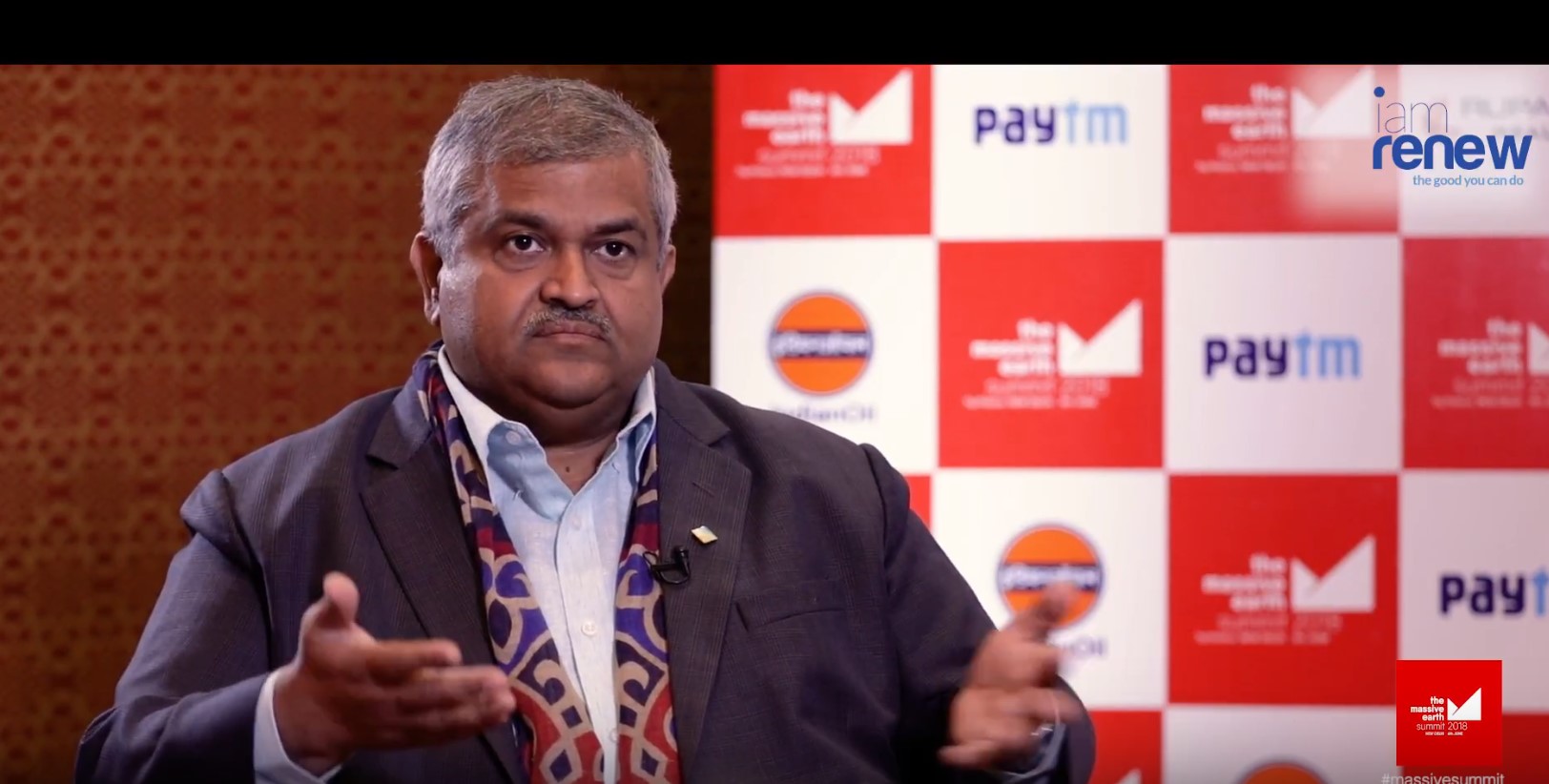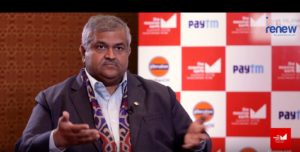



Gracefully wearing his peppered hair and a gentle smile, Mr Satya Tripathi will succeed Elliott Harris of Trinidad and Tobago. He has served as Senior Adviser on the 2030 Agenda for Sustainable Development at UNEP, since 2017. In his new role, he will carry high expectations from his well wishers and onlookers alike, thanks to his work in the past.
The United Nations Environment Programme (UNEP) is an agency of United Nations, which remains the leading agency and global body focused on the environment. It works with governments, the private sector, the civil society and with other UN entities and international organisations across the world to implement environmentally sound policies and practices.
A development economist and lawyer with over 35 years of experience, Mr. Tripathi has worked for the United Nations since 1998 in Europe, Asia and Africa on strategic assignments in sustainable development, human rights, democratic governance and legal affairs. A distinctive feature of his work in recent years has been a welcome shift to get more stakeholder involvement, especially from the private sector. As he never ceases to remind listeners, over 70% of the world’s GDP is in private hands. To expect government’s with the remaining 30% to solve the challenges of the environment besides the many other that they have, is simply impractical.
Mr. Tripathi was previously the Director and Executive Head of the United Nations Office for Reducing Emissions from Deforestation and Forest Degradation in Developing Countries Coordination in Indonesia where he helped raise $350 Milllion to reforest 88,000 hectares of land which he added is larger than Singapore. His last headline project was the kick off the massive ‘Zero Budget Natural Farming‘ initiative in Andhra Pradesh, that aims to involve all of the state’s 9 million farmers in the shift to a healthier and more profitable way to produce.
Satya Tripathi also worked as the United Nations Recovery Coordinator for the $7 billion post-tsunami and post-conflict recovery efforts in Aceh and Nias in Indonesia.
While talking to Iamrenew at an event in Delhi held in June, he emphasised on the importance of ‘Distributed Risk’ model so that ‘Private capital for public good’ could be encouraged among private sector players functioning within developing economies. Mr Tripathi further suggested partnership of like-minded institutions who are willing to come together in such partnerships and help solve ‘big problems’ by ‘break(ing) it into small manageable parts’ so that we can assign partners to take ‘on the role of managing each of those parts’.
To list out his many distinguished milestones, he has participated as Chair of the Committees on Laws and Treaties for the United Nations-mediated Cyprus unification talks in 2004.
Earlier in his career he acted as a Senior Distinguished Fellow on Natural Resources Governance with the World Agroforestry Centre and on the World Economic Forum’s Global Advisory Council on Forests.
Satya S. Tripathi holds honours, bachelor’s and master’s degrees both in commerce as well as in law from Berhampur University, India.
Watch Video: https://www.youtube.com/watch?v=_AjnpUYy-Gw
1. The mandate for blending Compressed Biogas (CBG) with natural gas has come into effect…
Andhra Pradesh is striving towards greening its energy sector with quite some speed. In a…
With an objective to bolster India’s green energy goals, a Tripartite Agreement has been signed…
The Union MNRE Minister Pralhad Joshi launched the Green Hydrogen Certification Scheme of India (GHCI)…
India’s energy conglomerate Bharat Petroleum Corporation Limited (BPCL) has commissioned a 5MW green hydrogen plant…
In a historical development, the European Space Agency (ESA) has successfully launched its pioneering ‘Biomass’…